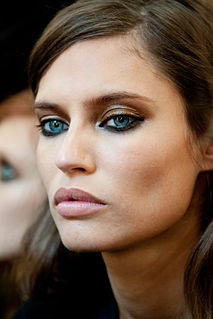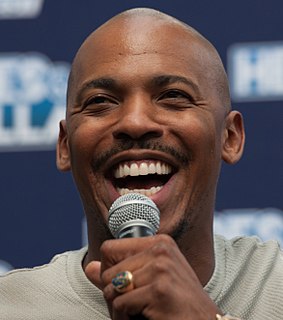A Quote by Geoffrey Rush
I went to England in the '70s, and I was in my early 20s. There was still a residue of that era of being an underclass or colonial. I assume it must have been a more aggressive and prominent attitude 40 years before that, because Australia internationally wasn't regarded as having much cultural value. We were a country full of sheep and convicts.
Related Quotes
Something I always wanted to do, to capture that later half of the '70s. It's like the early half of the '70s is still the '60s, in that there's still kind of a playfulness and inventiveness in terms of design and the things that were going on in the culture. The second half, it got much more commodified. It's possibly the ugliest era of architecture and clothes and design in the entire 20th century, from 1975 to '81 or '82.
I'm popular in the United States and I'm popular in England. England is just more concentrated. The people are closer together. Venues are closer together. Many albums of mine have been popular in England, but, no hit singles. All the hit singles I had were before I went to England. So, I'm not necessarily more popular in England, I'm just popular in England, and more so for my performances than hit records. But, I enjoy doing concert halls all over America, England, Scotland and Australia.
I think I went through early years of my career sort of thinking, "Well, maybe I'm just not British enough." And I always remember my father saying to me, "Don't think you're English, because however English you feel, some Englishman is going to remind you that you're not." Now, for him it must have been a much more acute experience, because he immigrated to England. I was born there, so I kind of felt I had the right to assume that I was British, but it's true. The English are a very warm and welcoming people, but there's a streak in there that reminds you, occasionally.
I'm Irish as hell: Kelly on one side, Shanley on the other. My father had been born on a farm in the Irish Midlands. He and his brothers had been shepherds there, cattle and sheep, back in the early 1920s. I grew up surrounded by brogues and Irish music, but stayed away from the old country till I was over 40. I just couldn't own being Irish.
Jazz stopped being creative in the early '80s. After your acoustic era, where you had the likes of the Miles Davis Quintet, when it gets to the '70s it started being jazz fusion where you had more electronic stuff happening, then in the '80s they started trying to bring back the acoustic stuff, like Branford Marsalis and the Wynton Marsalis & Eric Clapton sextet. It started dying down from there. Miles was still around in the '80s and he was still being creative; he was playing Michael Jackson songs and changing sounds, but a lot of people were still trying to regurgitate the old stuff.
My parents were both first-generation Irish Catholics raised in Brooklyn. But it was more for me - it was that women of that generation were even less likely to express themselves, more likely to have that active interior life that they didn't dare speak out. So I was interesting in women of that era. I was interested in the language of that era. There's so much. And, certainly, this is cultural, so much there wasn't spoken about.
Refugees, especially in their early years, are still caught up in the experience that made them refugees. And they're much more melancholic. They're much more oriented towards the past and towards the country of origin. That can make the process of becoming a part of the new country much more fraught for them.




































